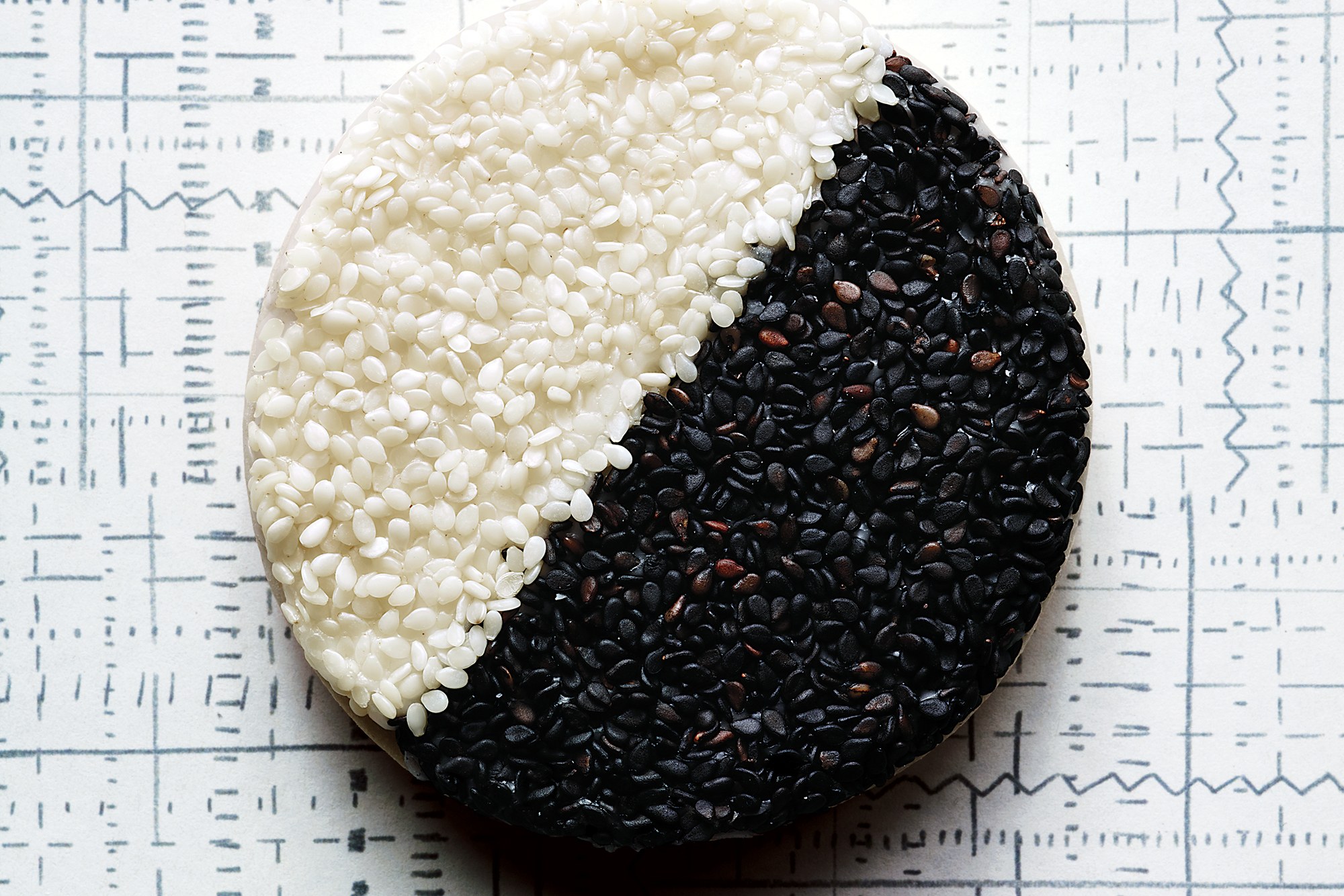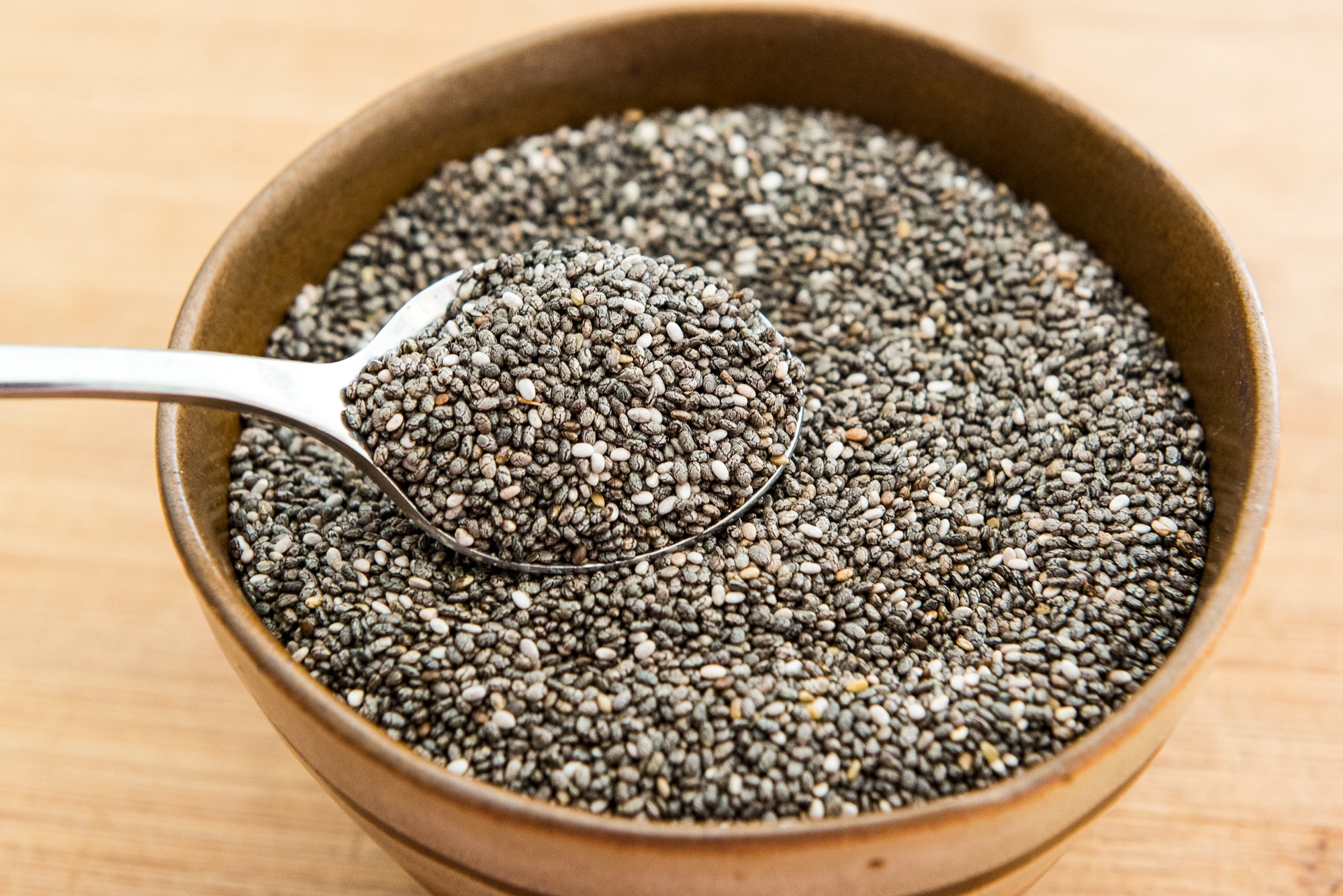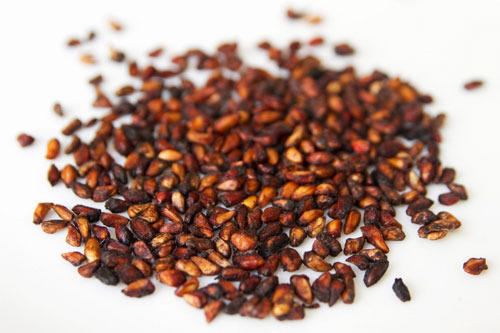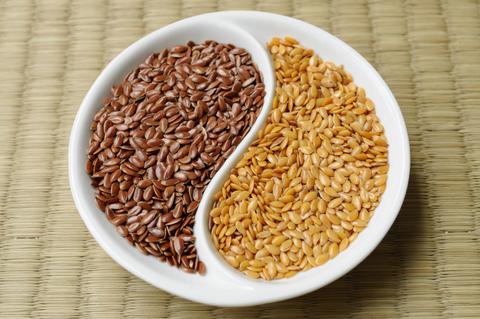

0


0

FOOD
By Shweta Asati
26 August, 2018

 Image Source: Shopify.com
Hemp seeds are truly a superfood, as they are packed with an impressive list of nutritional attributes. Perfectly balanced with a three to one omega-6 to omega-3 oil ratio, they are also an excellent source of gamma linoleic and containing 10 essential amino acids, hemp seeds are composed of over thirty percent pure protein, making them an excellent daily protein source. They are also composed of 40 percent fibre, the highest amount of any grain on earth! Also containing disease-fighting phytosterols, studies show that hemp seeds, or even hemp milk, support heart health and can provide nutritional support against many unpleasant diseases.
Image Source: Shopify.com
Hemp seeds are truly a superfood, as they are packed with an impressive list of nutritional attributes. Perfectly balanced with a three to one omega-6 to omega-3 oil ratio, they are also an excellent source of gamma linoleic and containing 10 essential amino acids, hemp seeds are composed of over thirty percent pure protein, making them an excellent daily protein source. They are also composed of 40 percent fibre, the highest amount of any grain on earth! Also containing disease-fighting phytosterols, studies show that hemp seeds, or even hemp milk, support heart health and can provide nutritional support against many unpleasant diseases.
 Image Source: Stylecraze.com
The perfect phytochemical-rich seed for those of us looking to lose weight, as they promote healthy digestion and increase fibre intake. Sunflower seeds are also extremely rich in folate, a very important nutrient for women. They are packed full of good fats, antioxidant-rich Vitamin E [1], selenium and copper, all crucial elements in supporting heart health and balancing troublesome cellular damage.
Image Source: Stylecraze.com
The perfect phytochemical-rich seed for those of us looking to lose weight, as they promote healthy digestion and increase fibre intake. Sunflower seeds are also extremely rich in folate, a very important nutrient for women. They are packed full of good fats, antioxidant-rich Vitamin E [1], selenium and copper, all crucial elements in supporting heart health and balancing troublesome cellular damage.
 Image Source: Assets.epicurious.com
Sesame seeds are very high in calcium, magnesium, zinc, fibre, iron, B1 and phosphorus, sesame seeds are unique in their chemical structure. Possessing important cholesterol-fighting fibres known as lignans, studies show that these seeds can lower blood pressure, as well as protect the liver from damage. Sesame seeds also may help prevent many health problems, including PMS.
Image Source: Assets.epicurious.com
Sesame seeds are very high in calcium, magnesium, zinc, fibre, iron, B1 and phosphorus, sesame seeds are unique in their chemical structure. Possessing important cholesterol-fighting fibres known as lignans, studies show that these seeds can lower blood pressure, as well as protect the liver from damage. Sesame seeds also may help prevent many health problems, including PMS.
 Image Source: Greenblender.com
Seeds are high in a form of antioxidant known as carotenoids, a special plant derivative that enhances immune activity and disease-fighting capacities. These seeds are also high in omega-3 fatty acids and zinc, two important nutrients that may play a role in supporting skeletal health. Finally, pumpkin seed is high in phytosterols, plant components that aid in keeping stable levels of cholesterol and an enhanced immune response.
Image Source: Greenblender.com
Seeds are high in a form of antioxidant known as carotenoids, a special plant derivative that enhances immune activity and disease-fighting capacities. These seeds are also high in omega-3 fatty acids and zinc, two important nutrients that may play a role in supporting skeletal health. Finally, pumpkin seed is high in phytosterols, plant components that aid in keeping stable levels of cholesterol and an enhanced immune response.
 Image Source: Pioneerwoman.files.wordpress.com
Yes, just like the seeds you used for sprouting your Chia pet, these seeds are from the mint family. Extremely tiny, yet extremely potent, these small seeds are packed full of fibre, protein, nutrient oils, various antioxidants and even calcium. Studies show that chia seeds stabilize the blood sugar, promote heart health, as well as increase weight loss. These amazing little seeds are an excellent source of high-quality fats, as they are made up of a whopping 34% pure omega-3 oils.
Image Source: Pioneerwoman.files.wordpress.com
Yes, just like the seeds you used for sprouting your Chia pet, these seeds are from the mint family. Extremely tiny, yet extremely potent, these small seeds are packed full of fibre, protein, nutrient oils, various antioxidants and even calcium. Studies show that chia seeds stabilize the blood sugar, promote heart health, as well as increase weight loss. These amazing little seeds are an excellent source of high-quality fats, as they are made up of a whopping 34% pure omega-3 oils.
 Image Source: Imimg.com
Pomegranate seeds are small red "jewels" called arils. These arils have lots of fibre and 40% of your daily requirement of vitamin C. They also contain heart-healthy antioxidants called polyphenols, including flavonoids, tannins, and anthocyanins. Pomegranate seeds make a sweet and juicy low-calorie snack. Try them tossed in salads, mixed into yogurt, or made into jelly.
Image Source: Imimg.com
Pomegranate seeds are small red "jewels" called arils. These arils have lots of fibre and 40% of your daily requirement of vitamin C. They also contain heart-healthy antioxidants called polyphenols, including flavonoids, tannins, and anthocyanins. Pomegranate seeds make a sweet and juicy low-calorie snack. Try them tossed in salads, mixed into yogurt, or made into jelly.
 Image Source: Envato.com
Quinoa has a remarkably high protein content (15%, or 8 grams per cup), along with amino acids, and vitamin E. It also contains an antioxidant called quercetin. This nutty-flavoured seed can be substituted in grain dishes in place of rice or pasta. Quinoa also makes a healthy gluten-free breading and can be eaten for breakfast instead of oatmeal.
Image Source: Envato.com
Quinoa has a remarkably high protein content (15%, or 8 grams per cup), along with amino acids, and vitamin E. It also contains an antioxidant called quercetin. This nutty-flavoured seed can be substituted in grain dishes in place of rice or pasta. Quinoa also makes a healthy gluten-free breading and can be eaten for breakfast instead of oatmeal.
 Image Source: Shopify.com
Flaxseed is packed with nutrients. Just two tablespoons of flaxseed contain 6 grams of fibre and 4 grams of protein. It is also rich in alpha-linolenic acid, a type of omega-3 fatty acid. Some studies suggest flaxseed consumption helps improve cardiovascular health. Flaxseed also contains lignans, which may help protect the body from cancer. Adding flaxseed to your diet is easy. Bake it into muffins. Mix it in salads, yogurt, smoothies, cereal, and soups. Ground flaxseed can even be used as an egg substitute.
Try adding these tiny seeds in your diet and you would see miraculous results. Hope this nutritional landscape adds value to your health!
For more interesting articles, follow our online magazine BananiVista. Do “Like” and “Follow” us on Facebook.
Image Source: Shopify.com
Flaxseed is packed with nutrients. Just two tablespoons of flaxseed contain 6 grams of fibre and 4 grams of protein. It is also rich in alpha-linolenic acid, a type of omega-3 fatty acid. Some studies suggest flaxseed consumption helps improve cardiovascular health. Flaxseed also contains lignans, which may help protect the body from cancer. Adding flaxseed to your diet is easy. Bake it into muffins. Mix it in salads, yogurt, smoothies, cereal, and soups. Ground flaxseed can even be used as an egg substitute.
Try adding these tiny seeds in your diet and you would see miraculous results. Hope this nutritional landscape adds value to your health!
For more interesting articles, follow our online magazine BananiVista. Do “Like” and “Follow” us on Facebook.